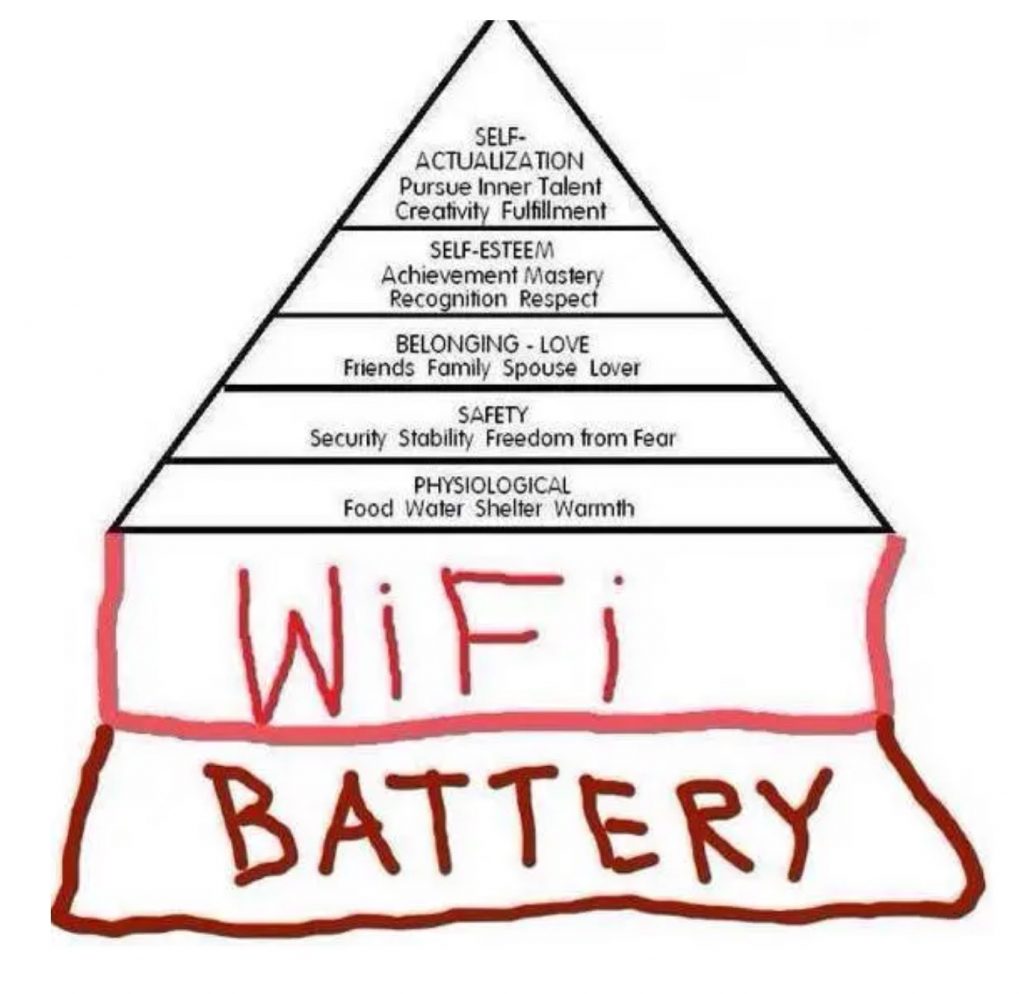
Working in digital marketing, Artificial Intelligence (AI) and what it can and should be used for is all the rage right now. If you want to understand AI better, the best source is really Chris Penn– who has an excellent set of videos and regularly explains what’s happening in AI in his superb newsletter.
What it is- and isn’t
AI models like ChatGPT, Bard and Microsoft’s version are all based on large language models- and essentially what AI does is take parameters you set and use algorithms to essentially predict the next word in a sentence- based on everything it knows and has been fed from its database. It’s better at editing than at text generating, to be honest, and while we’ve been experimenting with it for putting together outlines for blogs or generating content ideas, the results are only as good as the prompts, and are limited by the parameters you set to begin with. You still need to think carefully what you want, just like giving a new employee really good instructions on what you want,- and then be prepared to edit the crap out of it afterwards.
AI for Art
AI can also create art, pictures and more, based on what you feed it. I recently used an AI headshot generator, to test it out for my kid, and for the candidates I work with- to see how good it was. The picture here is based on 20 pictures of me I fed it- and frankly it’s done a better job of making me look polished and together than I look on any given day. Which lipstick color did they use? Join these shots up with a Sephora link, and I’d probably give a go at looking this polished more often. Probably only a matter of time until this feature is available 🙂
How to Tell What’s Real
My biggest concern with AI is how we’re going to be able to tell authentic, human-created content- the stuff that moves people emotionally, and builds relationships- from facsimiles. I can see complete campaigns for office being run with virtual headshots, AI generated campaign lit and websites- full of bland positions that are good enough to get someone into office- but what happens after that? And how in a world where this stuff is being pumped out at scale with proper SEO, will we ever know the difference?
AI Leaves Time for….What?

I’m excited about what AI can do at at speed- but are we going to get to a point where machines are talking to machines and it’s no longer about the human to human connection which is what the internet was supposed to be about? Will the goodness and kindness of people win out over the more avarice and base instincts we all have? If I can do half of my job faster than ever before, what do I do with the time? Do I get better at what I do, or am I looking for that time to free me up to explore new tasks? Does it give us time to be better and move up Maslowe’s Heirarchy, or are we going to get caught worrying about the bottom levels we never get to the top?
Serious limitations
AI is being used for a lot of parlor tricks right now- but take one example, a website called Consensus that can summarize academic papers and give you a sense of where the science on a particular subject is. That sounds great, but what happens if a doctor is using this as a basis to make treatment decisions for your loved one? Sounds like a great way to know what to rely on- but you also have to know that the language model Consensus is pulling from is date limited to early 2021. That means the most recent science and discoveries- which could be important when we’re talking about treatment decisions, especially when new therapies are coming out for treating all sorts of conditions-are not included. You need your doctor to be consulting journals, the NIH and more to find out the standard of care- not what the standard of care has been for the last 20 years.
But I see the nuance of people understanding what AI can do and what it can’t- or what it’s limitations are, being rapidly drowned out by the “Go-Go-GO” fast impulse we all have to play with new toys and get them to do amazing things. I was shocked how good the AI pictures were- but that’s also because I fed it the pictures of me I like best- so it’s a sliver of me, but not the whole story, to be sure.
I worry what happens when deep fakes and AI are used to create untruths at scale- because the machine doesn’t know what’s real and what’s not- if we thought Russian Bots were a problem before- now disinformation can spread amazingly quickly at scale, and will we be able to tell truth from reality? And who will decide? We know plenty of people have been persuaded by disinformation put out by the “news” in recent years- what happens when this can scale even faster? How do humans have a chance to counteract the deluge of information that is “truthiness” rather than the truth, and how can we get a handle on this before it spins out of control?
I don’t have any answers here, clearly. I’m also playing with this technology and trying to learn what works well, what doesn’t, and how to best deploy what works well- like any tool- a computer or a pencil- you need to use the right tool for the right job at the right time. And I am worried in the rush to adopt these new technologies, we’re too focused on moving fast rather than being thoughtful- at our peril.
Let me know what you think!
What do you think? How is AI affecting your life so far? What are the best uses you’ve found and which are less reliable?
